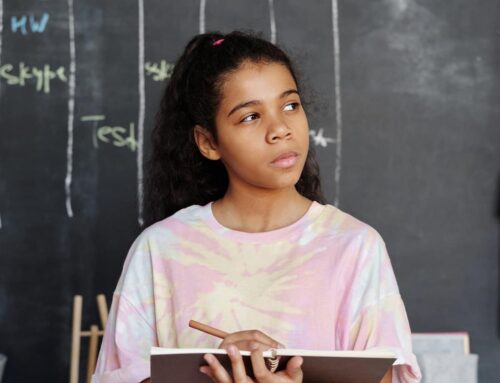The discovery of 215 unmarked graves at the Kamloops Indian Residential School has a painful impact on residential school survivors, their families, and First Nations, Métis, and Inuit communities.
Survivors have long spoken to the abuses they faced in residential schools and a concerted need for investment in truth-finding. The Kamloops Indian Residential School is but one of over 130 residential schools that operated in Canada between 1831 and 1996 with over 150,000 First Nations, Métis, and Inuit children placed in them, as noted by the Truth and Reconciliation Commission of Canada (TRC). Through the Missing Children Project, the TRC has identified over 4,100 children who died. They state that “the exact number of children who died at school may never be known, but the death rates for many schools, particularly during times of epidemic or disease, were very high.”
This discovery underscores the urgency of truth and reconciliation and efforts towards decolonization and ending systemic racism. We are mindful of the intergenerational effects of the residential schools in a genocidal system. The social, health, economic, psychological, and spiritual reverberations are numerous. Connections between residential schools and realities such as a high risk of gender-based violence experienced by Indigenous women, girls, and Two Spirit, trans, and non-binary people, as well as the disproportionate impact of child protection and legal systems on Indigenous communities, cannot be overstated.
Achieving gender justice in Canada includes justice for survivors of residential schools and an end to systemic anti-Indigenous racism. We stand in support of survivors and community leaders, organizations, and groups who have called for action on these issues, including:
- fulfillment of the Truth and Reconciliation Commission’s 2015 Calls to Action and the National Inquiry into Missing and Murdered Indigenous Women and Girls’ 2019 Calls for Justice, a number of which relate to residential schools. The majority of these calls are yet to be implemented in Canada.
- strong community-led implementation of a national action plan on Missing and Murdered Indigenous Women, Girls, and Two Spirit people.
- funding for truth-finding efforts at all residential school sites, led by Indigenous communities.
- an end to government action against residential school survivor settlements in court.
- excellent funding for community-led efforts to support residential school survivors and uphold the well-being of all impacted by intergenerational trauma.
In our mandate for gender equity, the Canadian Women’s Foundation is committed to working on Calls to Action and Calls for Justice and ongoing partnerships, grantmaking, and policy change supporting Indigenous-led efforts to address the intergenerational impacts of residential schools and justice for residential school survivors.
Paulette Senior
President and CEO
Canadian Women’s Foundation
Support for those impacted by Residential Schools: call the National Indian Residential Schools Crisis Line at 1-866-925-4419
More relevant support services for First Nations, Métis, and Inuit people






